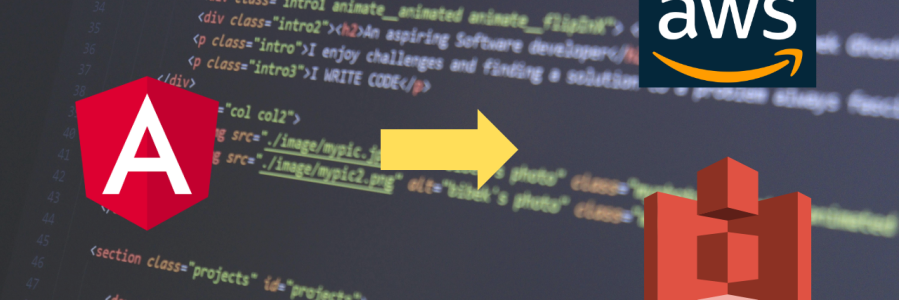Automating NestJS Application Deployment with AWS ECS and buildspec.yml
Struggling with manual NestJS deployments? This guide unlocks automated deployments with AWS ECS and buildspec.yml. Streamline your workflow, ensure consistency, and leverage the power of AWS for scalable NestJS deployments. Learn how to build a Docker image, configure ECS, and integrate CI/CD for effortless application updates.… Read More Automating NestJS Application Deployment with AWS ECS and buildspec.yml










